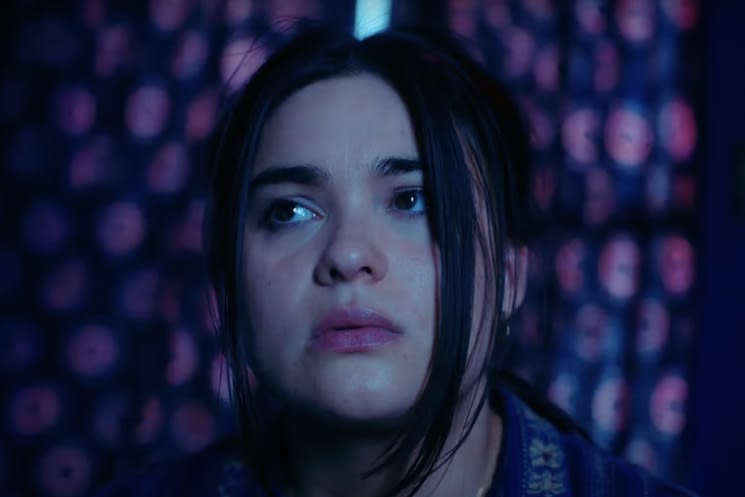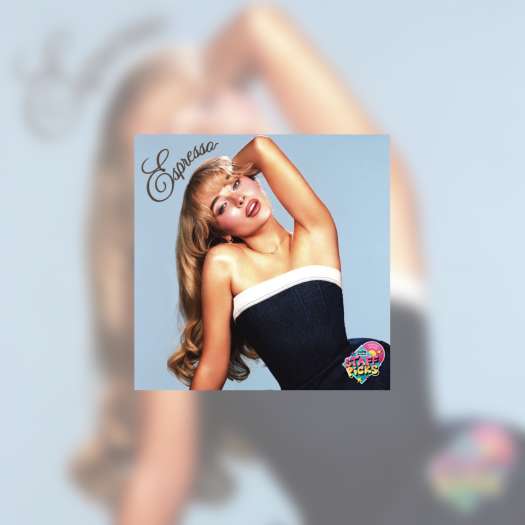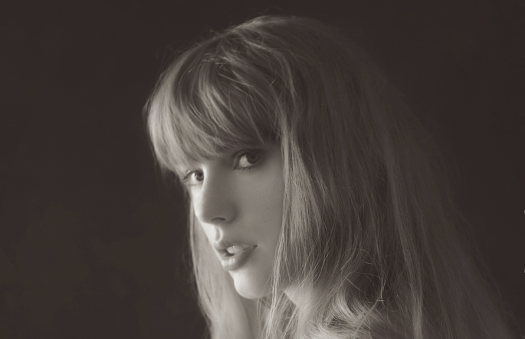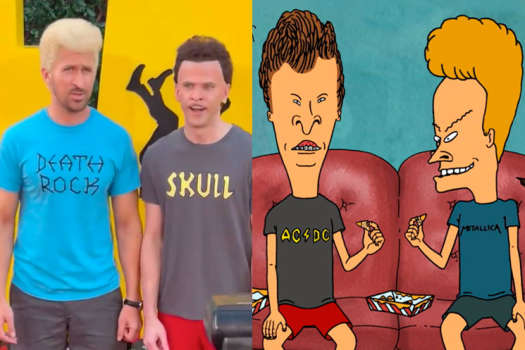Killers of the Flower Moon's arrival in theatres last week has sparked a widespread conversation about its portrayal of the Osage tribe, with Indigenous Canadian actor Devery Jacobs now weighing in on the matter.
The Reservation Dogs star took to X (formerly Twitter) yesterday to express her thoughts on Martin Scorsese's historical retelling, calling it "hellfire" to watch as an Indigenous person.
"This film was painful, gruelling, unrelenting and unnecessarily graphic," she wrote. "Imagine the worst atrocities committed against [your] ancestors, then having to sit thru a movie explicitly filled [with] them [with] the only respite being 30min long scenes of murderous white guys talking about/planning the killings."
She did make sure to give the film's lead, Lily Gladstone, her flowers, calling for the Indigenous actor to be awarded an Oscar for her portrayal of Mollie Kyle, before criticizing the discrepancy in character-building between the Osage characters and Robert De Niro and Leonardo DiCaprio's antagonists.
"But while all of the performances were strong, if you look proportionally, each of the Osage characters felt painfully underwritten, while the white men were given way more courtesy and depth."
"I don't feel that these very real people were shown honour or dignity in the horrific portrayal of their deaths," she continued. "Contrarily, I believe that by showing more murdered Native women on screen, it normalizes the violence committed against us and further dehumanizes our people."
Jacobs then went on to echo the thoughts of the film's Osage language consultant, Christopher Cote, that an Osage director would've done a better job of tackling the topic from a sensitive, just and Indigenous-focused perspective.
"I can't believe it needs to be said, but [Indigenous people] exist beyond our grief, trauma & atrocities," she wrote. "Our pride for being Native, our languages, cultures, joy & love are way more interesting & humanizing than showing the horrors white men inflicted on us. This is the issue when non-Native directors are given the liberty to tell our stories; they center the white perspective and focus on Native people's pain."
The Reservation Dogs star took to X (formerly Twitter) yesterday to express her thoughts on Martin Scorsese's historical retelling, calling it "hellfire" to watch as an Indigenous person.
"This film was painful, gruelling, unrelenting and unnecessarily graphic," she wrote. "Imagine the worst atrocities committed against [your] ancestors, then having to sit thru a movie explicitly filled [with] them [with] the only respite being 30min long scenes of murderous white guys talking about/planning the killings."
She did make sure to give the film's lead, Lily Gladstone, her flowers, calling for the Indigenous actor to be awarded an Oscar for her portrayal of Mollie Kyle, before criticizing the discrepancy in character-building between the Osage characters and Robert De Niro and Leonardo DiCaprio's antagonists.
"But while all of the performances were strong, if you look proportionally, each of the Osage characters felt painfully underwritten, while the white men were given way more courtesy and depth."
"I don't feel that these very real people were shown honour or dignity in the horrific portrayal of their deaths," she continued. "Contrarily, I believe that by showing more murdered Native women on screen, it normalizes the violence committed against us and further dehumanizes our people."
Jacobs then went on to echo the thoughts of the film's Osage language consultant, Christopher Cote, that an Osage director would've done a better job of tackling the topic from a sensitive, just and Indigenous-focused perspective.
"I can't believe it needs to be said, but [Indigenous people] exist beyond our grief, trauma & atrocities," she wrote. "Our pride for being Native, our languages, cultures, joy & love are way more interesting & humanizing than showing the horrors white men inflicted on us. This is the issue when non-Native directors are given the liberty to tell our stories; they center the white perspective and focus on Native people's pain."




